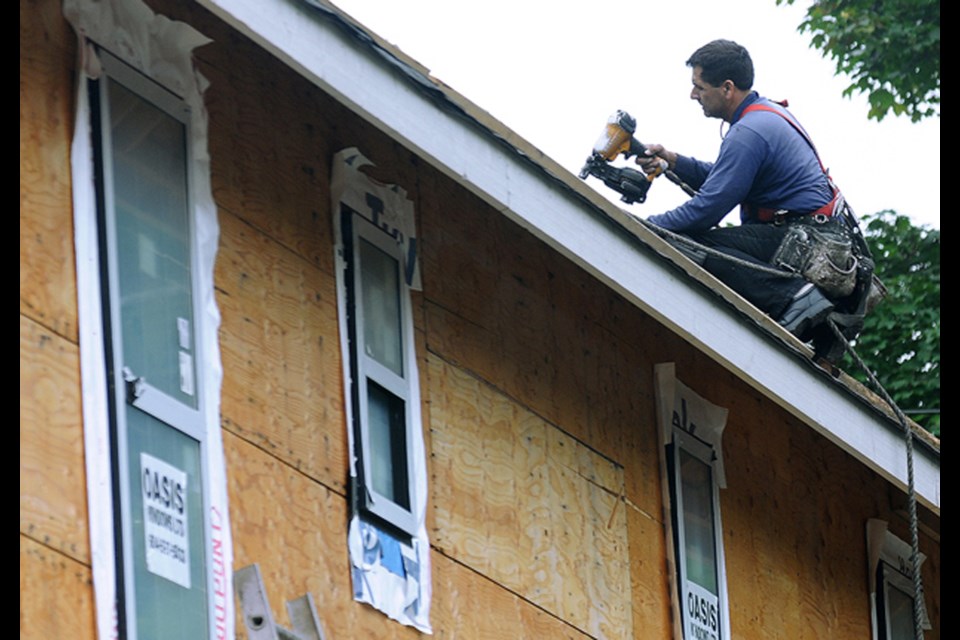Depending on when they were built, between a third and half of the condos on the North Shore are owned by investors who do not live in them, according to Statistics Canada.
People tend to look at data like this as a bit of a Rorschach Test, depending on their own living situation.
For those who are comfortably housed, it could be read as confirmation that we don’t need to approve so much new housing.
For those who want desperately to get into their first home, it’s a reminder that they must compete with wealthier buyers who are in the market entirely to make a profit off a commodity, further pushing up prices.
It’s not known exactly how many of these investor-owned homes are being rented out and how many are left underused, but thanks to the Speculation and Vacancy Tax and other measures from the province, it’s a lot less lucrative to buy new condos just to let them sit empty. For those who rent those investor-owned units on the secondary market, they are home. Like it or not, secondary rentals are now a critical part of our rental supply.
It’s a nuanced picture, to say the least. But it is clear that if we want a more functional, healthier housing market, homes should be homes and investments should be investments.
From the 1960s to the 1980s, the government provided tax breaks to people who financed purpose-built rental housing construction. It provided them a return on investment while helping to build much of the rental housing stock we have today.
It would be far more productive to find a home for our investment dollars in programs like this again.
What are your thoughts? Send us a letter via email by clicking here or post a comment below.




